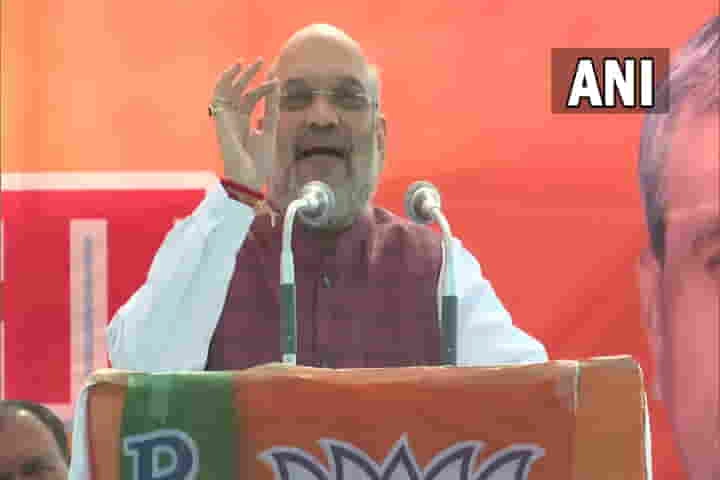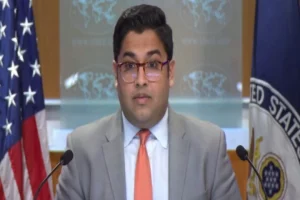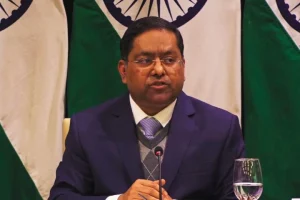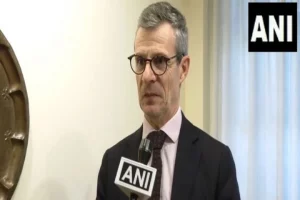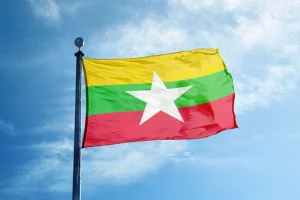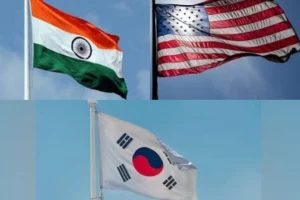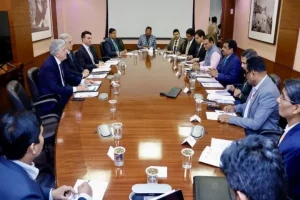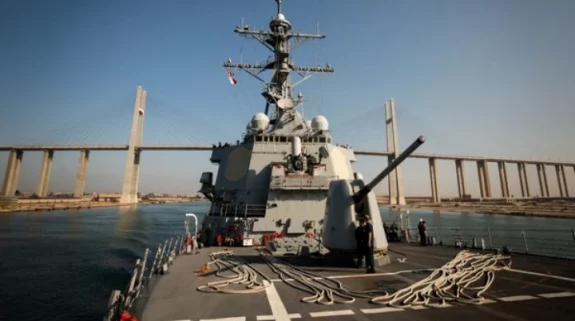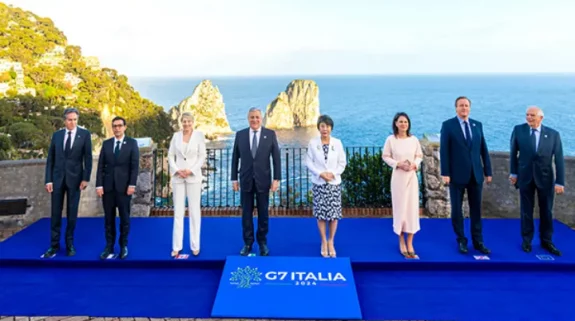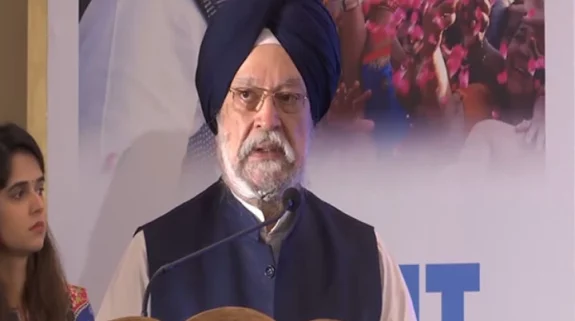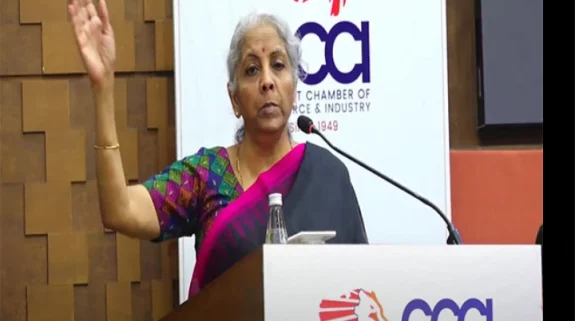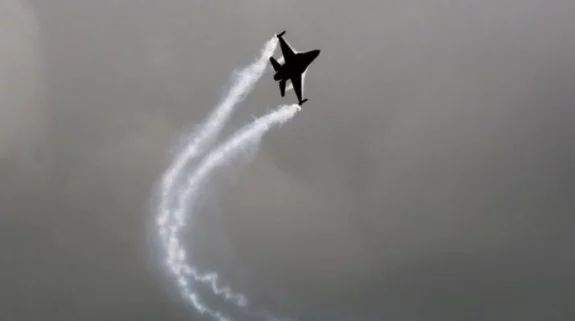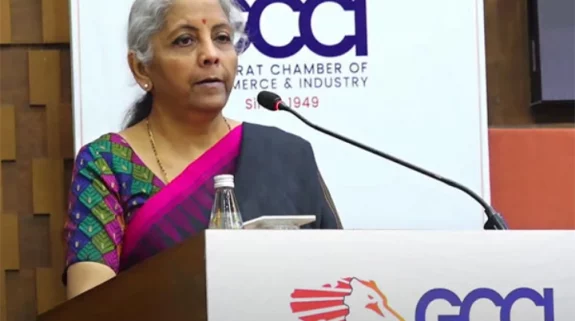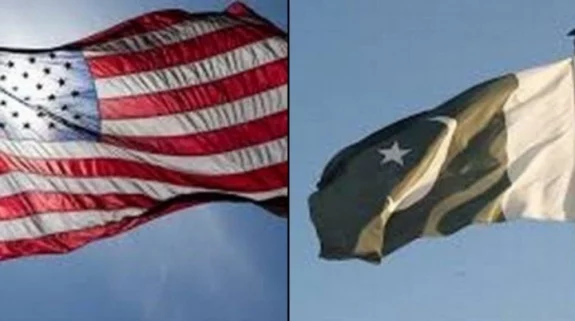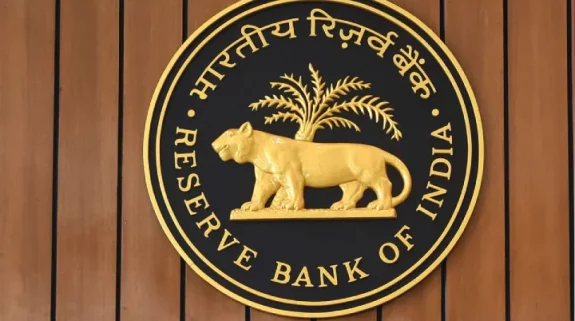Union Home Minister Amit Shah’s scheduled visit for four days to Jammu and Kashmir later this month (Oct 22-25) is significant for a variety of reasons. Shah will be visiting Jammu and Kashmir for the first time after the erstwhile State was stripped of its special status and broken into the two Union Territories (UTs) of J&K and Ladakh in August 2019.
Shah himself had piloted the Jammu and Kashmir Reorganisation Bill in the Parliament on August 5, 2019 which annulled the controversial Article 370 followed by revocation of Article 35-A—defining the permanent residents of the erstwhile State and limiting the ownership rights of immovable properties to them—by way of a Presidential order.
Even as many of the J&K mainstream politicians have, with the passage of time, accepted the August 2019 Central interventions as fait accompli, Pakistan has made restoration of Article 370 and unification of the two UTs back into a State as its key conditions for normalisation of relations with India. While all apprehensions of a street turmoil in Kashmir have proved to be wrong, everything from stone pelting on security forces to gun salutes for the slain militants has virtually vanished in the last over two years.
Notwithstanding the Coronavirus pandemic, peace and economic activity began thriving in the valley in the beginning of the current year. The Srinagar airport has been operating 30-36 flights every day and most of the hotels have remained occupied by a heavy rush of tourists. Pakistan’s last resort in such situations, since 1990, has been to step up the terrorist violence.
Apparently due to some pressure from the Financial Action Task Force (FATF), Jammu and Kashmir remained by and large peaceful through the summer of 2021. Immediately after the Paris-based watchdog concluded its plenary session in June and retained Islamabad on the grey list, terror attacks on soft targets in Kashmir began spiralling up.
Unarmed police constable Javed Ahmad was shot dead at his home in Saidpora, Iddgah, Srinagar, on June 17. Unarmed Police Inspector Parvez Ahmad Dar was gunned down while heading for a mosque to perform his evening prayers at Nowgam on the Srinagar outskirts on 22 June. On 23 June, mobile shop operator Omar Nazir Bhat was shot dead at Habbakadal, Srinagar. After a thaw, probationary Sub Inspector of Police, Arshid Mir, was shot dead at Khanyar, on 12 September. Almost all these attacks were carried out from behind a soft target.
The Pakistani Prime Minister Imran Khan’s belligerent address to the UN General Assembly session on 24 September 2021 was loaded with messages of hostility for New Delhi. It was for the first time that the Pakistani Prime Minister indicated breach of the February 2021 ceasefire between the Indian and the Pakistani troops on the LoC and the International Border.
October 2021 has already broken the record of violence of the last four years as more than 35 persons have died in different incidents in just 16 days of the current month. It is after a long pause in the border skirmishes that as many as 9 Indian soldiers, including 2 JCOs, have fallen to the two terror strikes in Jammu’s Poonch district which appear to be like the Pakistani Army’s BAT actions. Defence analysts view it as an escalation in the border hostility which could lead to some surgical strikes across the LoC by the Indian troops.
In the Kashmir valley, as many as 11 civilians—all soft targets—have been killed in a series of 5 attacks in the first 17 days of October. It has triggered a wave of terror particularly among the members of the minority communities and the non-Kashmiri workers as 7 of the 11 have been targeted selectively for their religious affiliation.
On October 2, unidentified terrorists shot dead Abdul Majid Guru, a local gym trainer, at Karan Nagar and Mohammad Shafi Dar, an employee of the Power Development Department, at Sheikh Dawood Colony Batmaloo, Srinagar. On October 5, popular chemist Makhan Lal Bindroo, a permanent resident Kashmiri Pandit, was gunned down at his pharmacy in Srinagar. On the same day, golgappa vendor from Bihar, Virender Paswan, was shot dead at Alamgari Bazar Hawal and Mohammad Shafi Lone, president of a commercial drivers union, at Shahgund, Hajan.
Two days later, on October 7, terrorists shot dead Supinder Kour, a local Sikh lady teacher and Principal of Government Higher Secondary School Sangam, Iddgah, along with her subordinate teacher Deepak Chand, a resident of Janipura, Jammu. On October 16, golgappa vendor Arvind Kumar Shah from Banka Bihar and carpenter Sageer from Saharanpur UP were shot dead in Iddgah Srinagar and Litter Pulwama respectively.
On October 17, terrorists shot dead two workers from Bihar, namely Raja Reshi Dev and Joginder Reshi Dev, and left their associate Chun Chun Reshi Dev critically wounded at Karan Ganjipora Wanpoh in Kulgam district.
Lieutenant Governor Manoj Sinha dedicated his weekly radio programme “Awaam Ki Awaaz” on Sunday to the innocent civilians who lost their lives in recent terror attacks. “I pay my heartfelt tributes to the martyred civilians and condolences to the bereaved families. We'll hunt down terrorists, their sympathizers and avenge every drop of innocent civilian’s blood”, Sinha asserted.
“Attempts are being made to disrupt peace and socio-economic progress of J&K and individual growth of people. We remain committed to fast-paced development and will endeavour to build a prosperous and peaceful UT of J&K”, Sinha said.
Authoritative sources revealed to India Narrative that in the afternoon on Sunday, MHA rushed a team of senior security and intelligence experts from New Delhi to Srinagar to curb the current spree of civilian killings in Kashmir. Special Director Intelligence Bureau Tapan Kumar Deka, IG NIA Gyanendra Kumar Varma and SSP NIA Jaya Roy held meetings with different agencies after their arrival in Srinagar.
Also Read: Why targeted killing of minorities will not return Kashmir to the darkness of 1990






